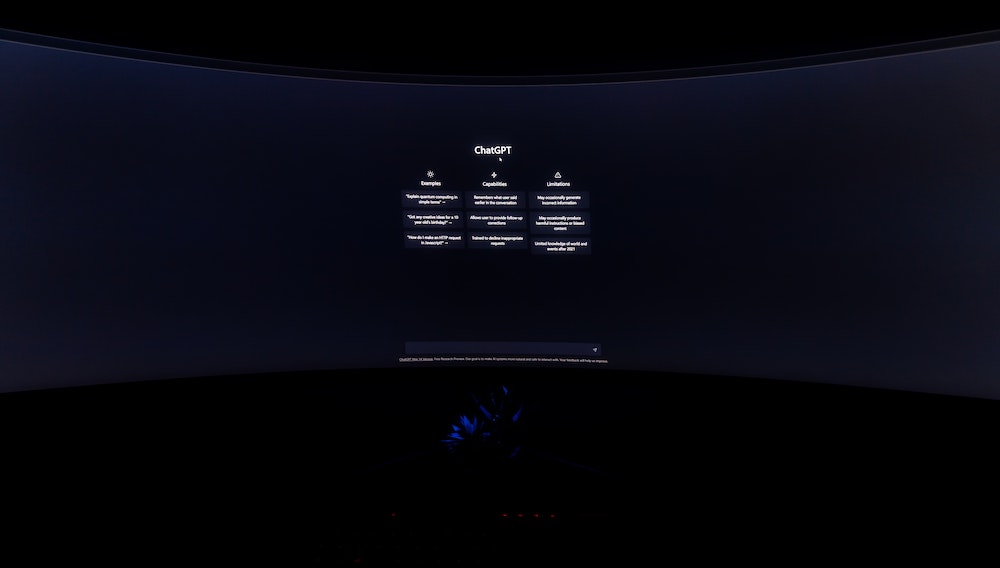Legal Practice Management Software: Compare Features, Price
Discover the best legal practice management software for law firms. Compare features, integrations, security, and price to find the best option for your practice.
Legal practice management software is a crucial tool for modern law firms. It can help improve efficiency, streamline processes, and reduce errors. With the rise of technology in the legal industry, more and more law firms are turning to practice management software to help manage their daily operations.
In this article, we’ll discuss what legal practice management software is, how it works, and the benefits it provides to law firms. We’ll also take a look at some of the top legal practice management software options on the market today.
What is Legal Practice Management Software?
Legal practice management software is a type of software designed specifically for law firms to help manage their daily operations. It typically includes features such as client management, case management, document management, time tracking, billing and invoicing, and reporting.
The software is designed to help law firms improve their efficiency and productivity by automating many of the tasks that were previously done manually. This can help reduce errors, save time, and increase profitability.
How Does Legal Practice Management Software Work?
Legal practice management software typically works by providing a centralized platform for all of a law firm’s operations. The software will often have different modules for different functions, such as client management, case management, and billing and invoicing.
When a law firm first starts using practice management software, they will typically need to input all of their existing data into the software. This can include information about clients, cases, documents, and billing information.
Once all of the data has been entered into the software, the law firm can start using it to manage their operations. For example, they can use the client management module to keep track of client information, including contact details, billing information, and case information.
They can also use the case management module to keep track of all the details of a case, including important dates, documents, and tasks. The billing and invoicing module can help them keep track of all their billing information, including time tracking and invoicing.
Benefits of Legal Practice Management Software
There are many benefits to using legal practice management software. Here are some of the most important ones:
Increased Efficiency
Legal practice management software can help law firms become more efficient by automating many of the tasks that were previously done manually. This can help reduce errors, save time, and increase productivity.
Better Client Management
Practice management software can help law firms keep track of all their clients’ information, including contact details, billing information, and case information. This can help them provide better service to their clients and improve client satisfaction.
Improved Collaboration
Legal practice management software can help law firms collaborate more effectively by providing a centralized platform for all their operations. This can help improve communication and reduce the risk of errors.
Better Time Management
Time tracking is an important feature of legal practice management software. It can help law firms keep track of the time they spend on different tasks and bill clients accordingly. This can help improve profitability and reduce the risk of errors.
Improved Billing and Invoicing
Legal practice management software can help law firms keep track of all their billing information, including time tracking and invoicing. This can help improve cash flow and reduce the risk of errors.
Top Legal Practice Management Software Options
There are many different legal practice management software options on the market today. Here are some of the top options:
Clio
Clio is a cloud-based practice management software that provides a centralized platform for all law firm operations. It includes features such as client management, case management, time tracking, and billing and invoicing.
MyCase
MyCase is another cloud-based practice management software that includes features such as client management, case management, time tracking, and billing and invoicing. It also includes a mobile app for on-the-go access.
PracticePanther
PracticePanther is a cloud-based practice management software that includes features such as client management, case management, time tracking, and billing and invoicing. It also integrates with popular tools such as QuickBooks and Gmail.
Zola Suite
Zola Suite is a cloud-based practice management software that includes features such as client management, case management, time tracking, billing and invoicing, and document management. It also includes a built-in email platform.
AbacusLaw
AbacusLaw is a practice management software that includes features such as case management, document management, time tracking, and billing and invoicing. It also includes integrations with popular tools such as Microsoft Office and QuickBooks.
Bill4Time
Bill4Time is a cloud-based time tracking and billing software that is popular with law firms. It includes features such as time tracking, invoicing, and reporting.
ProLaw
ProLaw is a practice management software that includes features such as case management, time tracking, and billing and invoicing. It is designed for mid-sized to large law firms.
TimeSolv
TimeSolv is a cloud-based time tracking and billing software that is popular with law firms. It includes features such as time tracking, invoicing, and reporting.

Legal practice management software is a crucial tool for modern law firms. It can help improve efficiency, streamline processes, and reduce errors.
Choosing the Right Legal Practice Management Software
When choosing a legal practice management software, there are several factors to consider. Here are some of the most important ones:
Ease of Use
The software should be easy to use and intuitive. It should not require extensive training or technical expertise.
Features
The software should include all the features that your law firm needs, including client management, case management, time tracking, and billing and invoicing.
Integration
The software should integrate with other tools that your law firm uses, such as QuickBooks, Microsoft Office, and Gmail.
Security
The software should be secure and protect your law firm’s data from unauthorized access.
Price
The software should be priced appropriately for your law firm’s budget.
Legal practice management software is a crucial tool for modern law firms. It can help improve efficiency, streamline processes, and reduce errors. There are many different legal practice management software options on the market today, each with their own strengths and weaknesses. When choosing a legal practice management software, law firms should consider factors such as ease of use, features, integration, security, and price. With the right software, law firms can improve their operations and provide better service to their clients.
- Google Analytics for Beginners: Guide to Mastering Analytics - July 28, 2023
- National SEO for Lawyers: Drive Nationwide Traffic for Your Firm - July 28, 2023
- The Power of Local SEO for Lawyers: Build Your Practice - July 28, 2023


